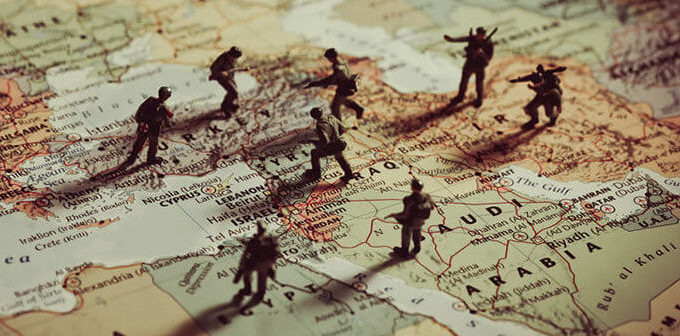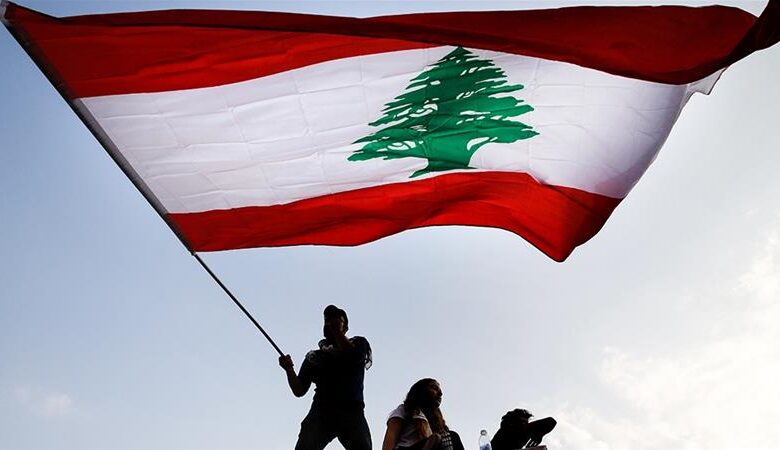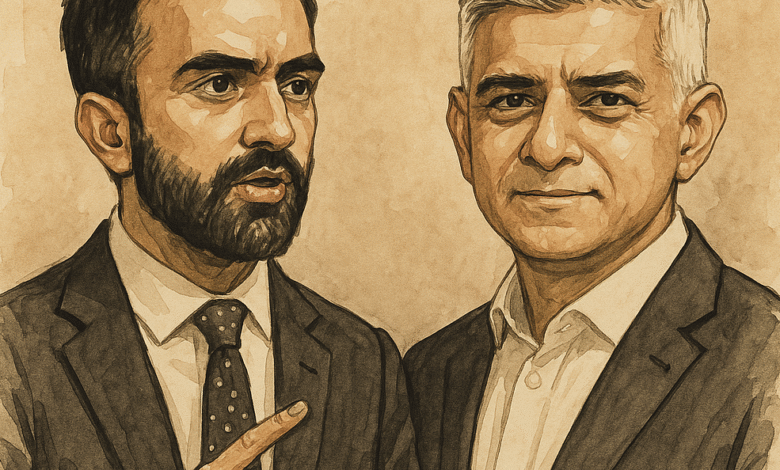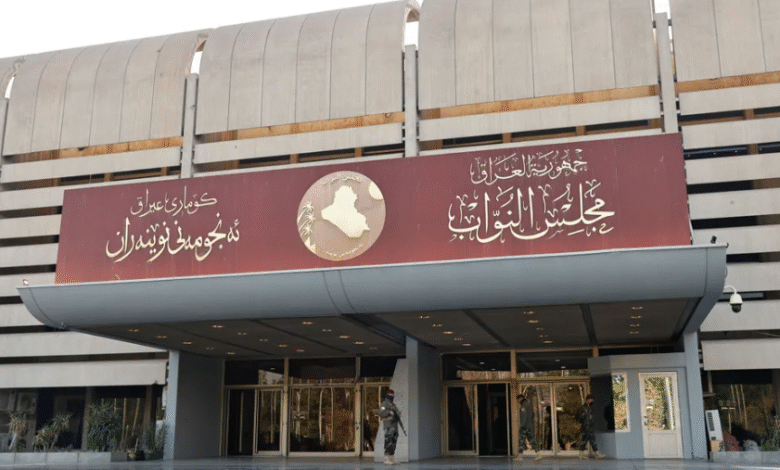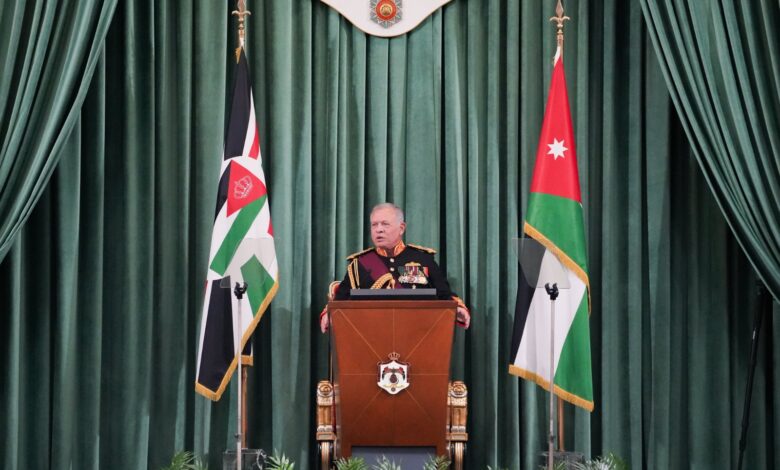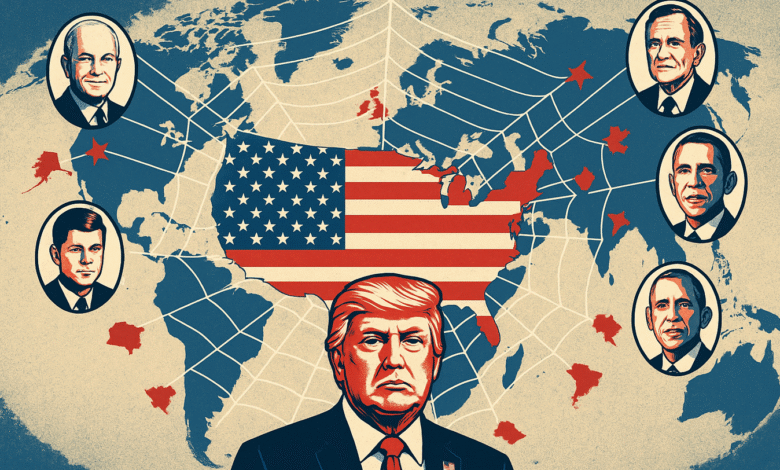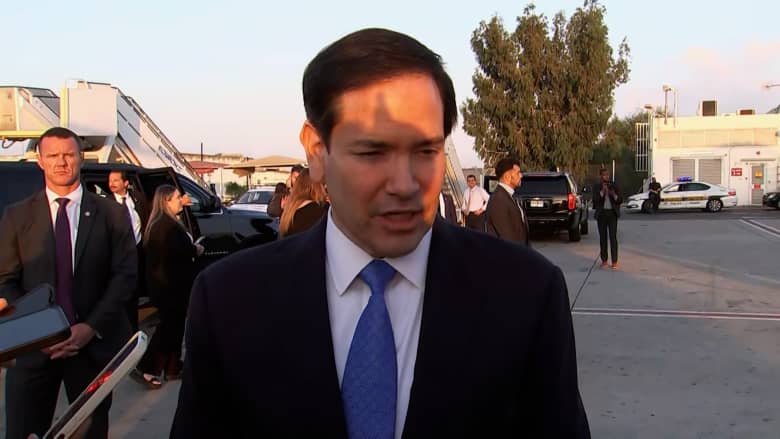The region is experiencing an exceptionally complex moment, as the repercussions of the Gaza war continue to reshape power configurations and patterns of interaction among regional and international actors. This remains the case even after the conflict has transitioned into a post-ceasefire phase marked by intensive deliberations over ‘the day after’ arrangements. Within this fluid landscape, Jordan’s recent diplomatic moves…
Read More »Publications
Tomorrow, Tuesday, Iraqis will head to the polls to participate in the country’s sixth parliamentary elections since 2003, amid mounting expectations and assessments pointing to the likelihood of the lowest voter turnout since the first elections held in 2005. This comes at a highly sensitive and complex moment for both the country and the wider region, reflecting the magnitude of…
Read More »Lebanon today stands at a pivotal and exceptionally sensitive juncture-one whose implications extend far beyond the southern front and reach into the very core of its position within a rapidly shifting regional equation. All political and field indicators coming from Israel, as well as from concerned Western and Arab capitals, suggest that the likelihood of escalation is now higher than…
Read More »Today, major cities are undergoing a phase of redefining their political, economic, and cultural roles. They are no longer merely urban spaces for residence and work but have become centers of decision-making and influence on global issues such as climate change, migration, equality, and sustainable development. As the nation-state’s capacity to monopolize representative authority shrinks, the city rises as an…
Read More »In a recent televised interview with the BBC, King Abdullah II conveyed Jordan’s strategic approach toward Israel’s far-right government under Benjamin Netanyahu. The King stated unequivocally that he does not trust a word Netanyahu says, signaling a firm and decisive stance in framing the relationship between Jordan and Israel, three decades after the signing of the Peace Treaty. These remarks…
Read More »The Iraqi context has always been “exceptional” by nature, with elections typically held under sensitive and pivotal circumstances in the life of the country and its political system in particular. The upcoming elections, scheduled for November 11, may not differ much from these descriptions; however, they come amid an extremely complex environment in which domestic dynamics intertwine with regional transformations…
Read More »His Majesty King Abdullah II’s Throne Speech comes at a politically delicate moment—both domestically and regionally—where internal Jordanian transformations intersect with a region in turmoil. At a time when political and economic reform challenges intensify amid growing social and livelihood pressures, the speech transcends its formal constitutional role of inaugurating a parliamentary session. It becomes instead a mirror of the…
Read More »The United States is no longer an alliance-based state foreign policy, but one that operates by virtue of a network of transient instruments employed in a bid to achieve its objectives, and jettisoned once obsolete. Washington, as expressed in the political and media discourse from certain corners, does not see its allies as “allies,” but as “means” to construct its…
Read More »The visit of Syrian President Ahmad al-Sharaa to Moscow and his meeting with his Russian counterpart Vladimir Putin on October 15, 2025, generated widespread discussion and debate about its underlying motives and political implications. The timing was particularly significant, coming at a critical geopolitical juncture for both Syria and the wider region. The visit coincided with an accelerating Arab and…
Read More »On 18 October 2025, the U.S. Department of State issued a warning statement [1] affirming that it had received “documented reports” indicating Hamas’s intention to carry out an “imminent attack” against Palestinian civilians inside the Gaza Strip, characterizing this as a “direct and grave” violation of the ceasefire that entered into force on 10 October. The statement noted that the…
Read More »

